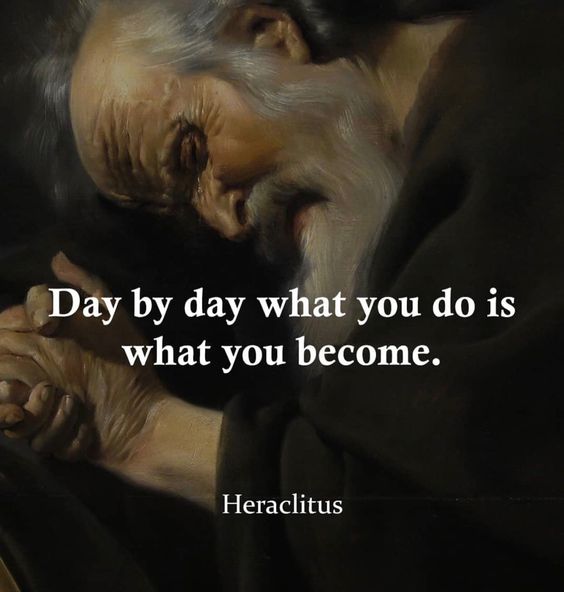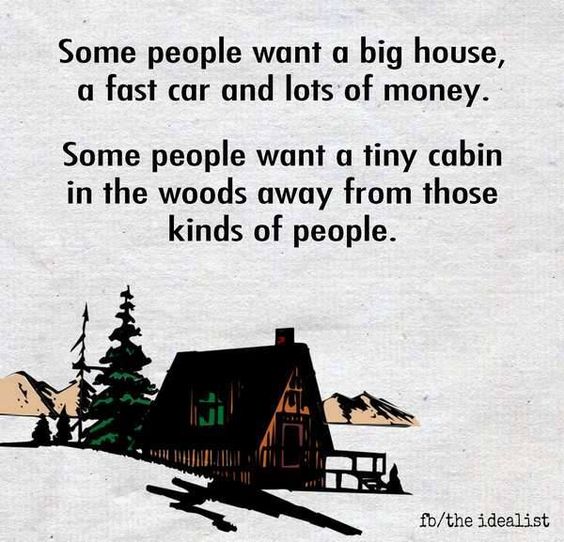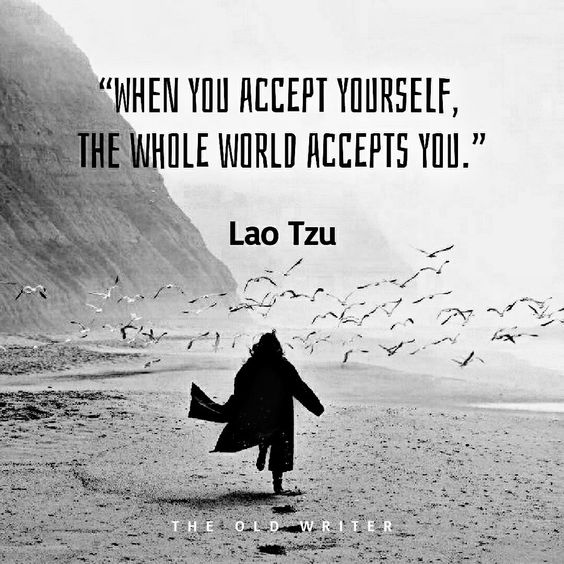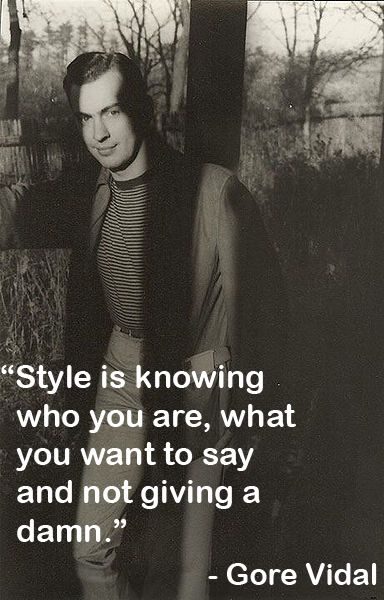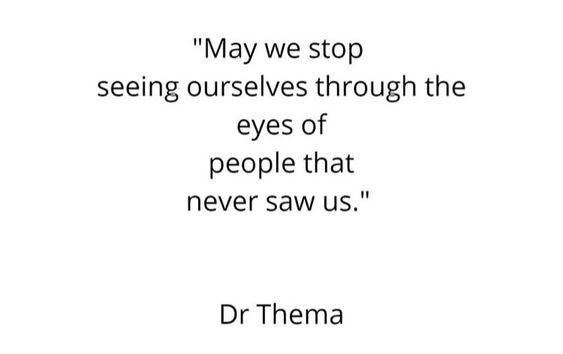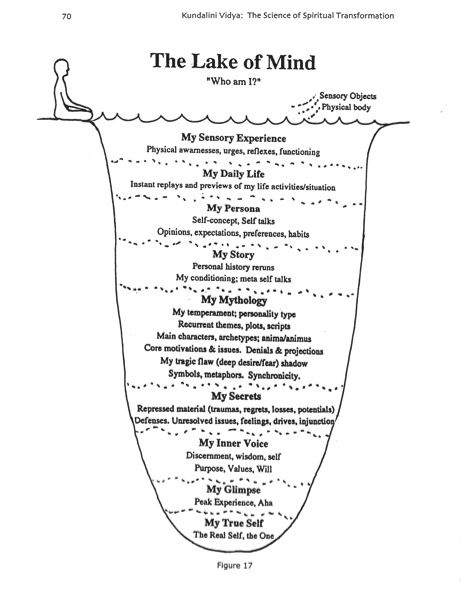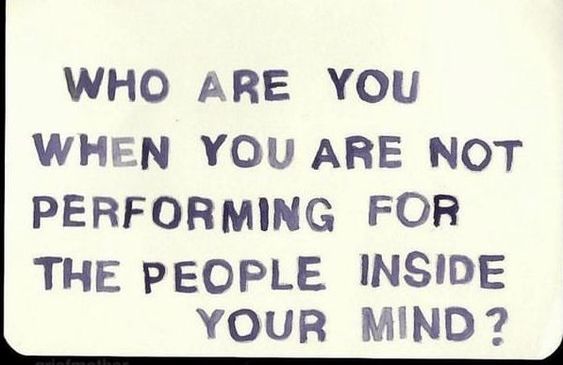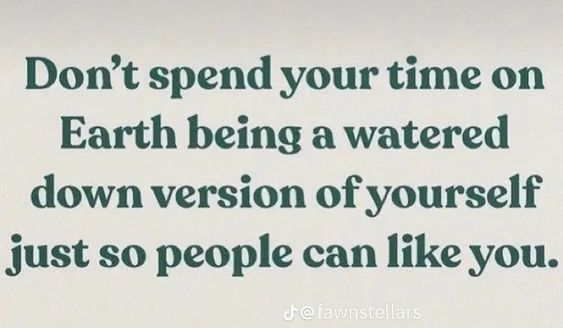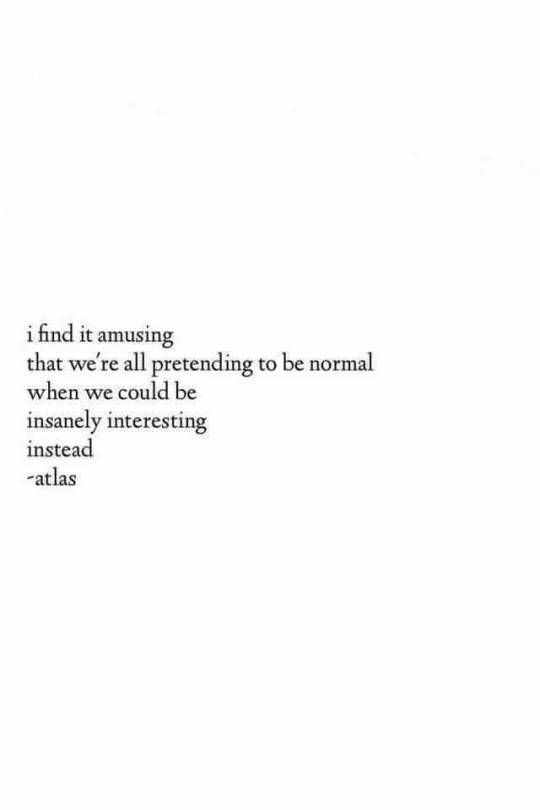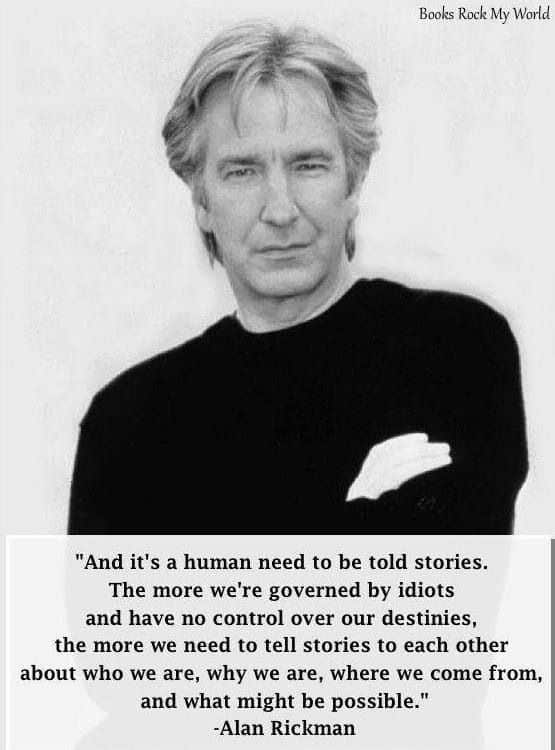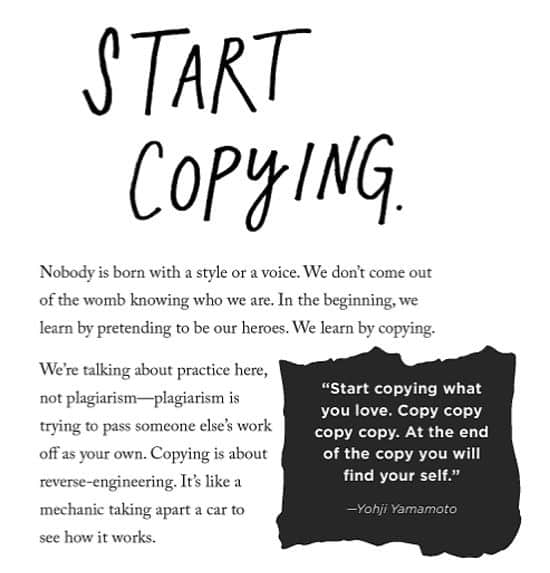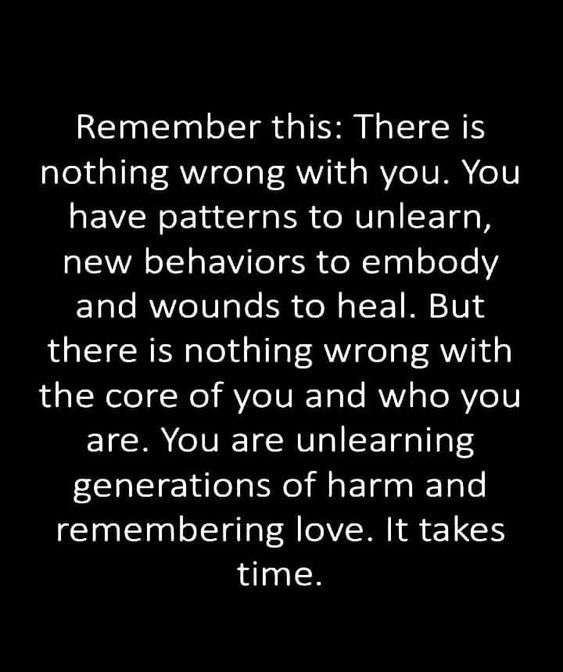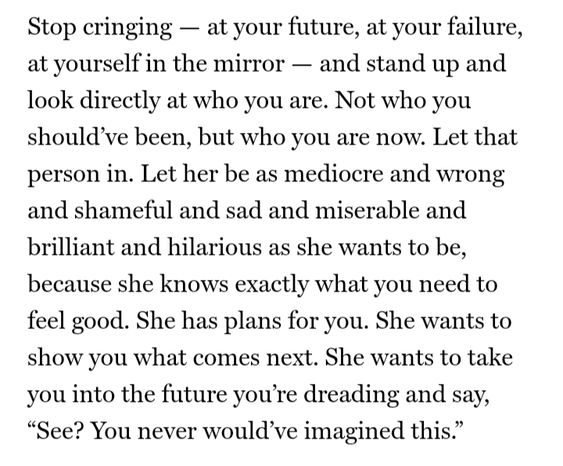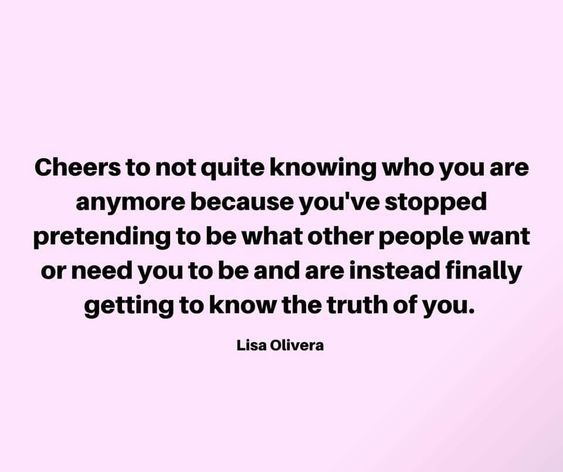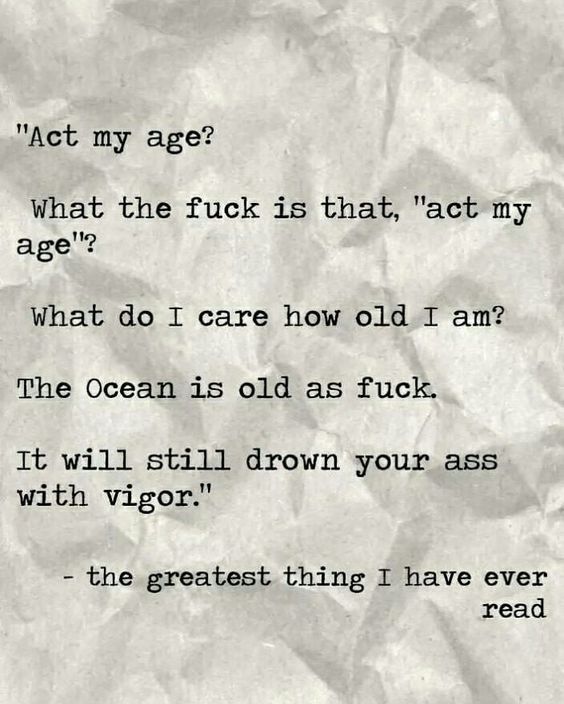“If you’ve lost yourself in the relationship, find yourself in the heartbreak.”
Jay Shetty, Think Like A Monk (Page 252)
“The next moment is the moment when what we look forward to ends, and it is just us with ourselves. It is interesting to explore: how are we with the next moment? Do we quickly try to plan another trip or meal? Or can we just be in that moment as it is, without anything special needing to happen? How we relate to the next moment tells us a lot; it allows us to see when nothing is happening, what our resting place is … and if our resting place is constant stimuli, we miss our life.”
Soren Gordhamer
“Humility comes from accepting where you are without seeing it as a reflection of who you are. Then you can use your imagination to find success.”
Jay Shetty, via Think Like A Monk (Page 188)
“A monk is a traveler, but the journey is inward, bringing us ever closer to our most authentic, confident, powerful self. There is no need to embark on an actual Year-in Provence-type quest to find your passion and purpose, as if it’s a treasure buried in some distant land, waiting to be discovered. Your dharma is already with you. It’s always been with you. It’s woven into your being. If we keep our minds open ad curious, our dharmas announce themselves.”
Jay Shetty, Think Like A Monk (Page 98)
“You can’t be anything you want. But you can be everything you are.”
Jay Shetty, Think Like A Monk (Page 98)
